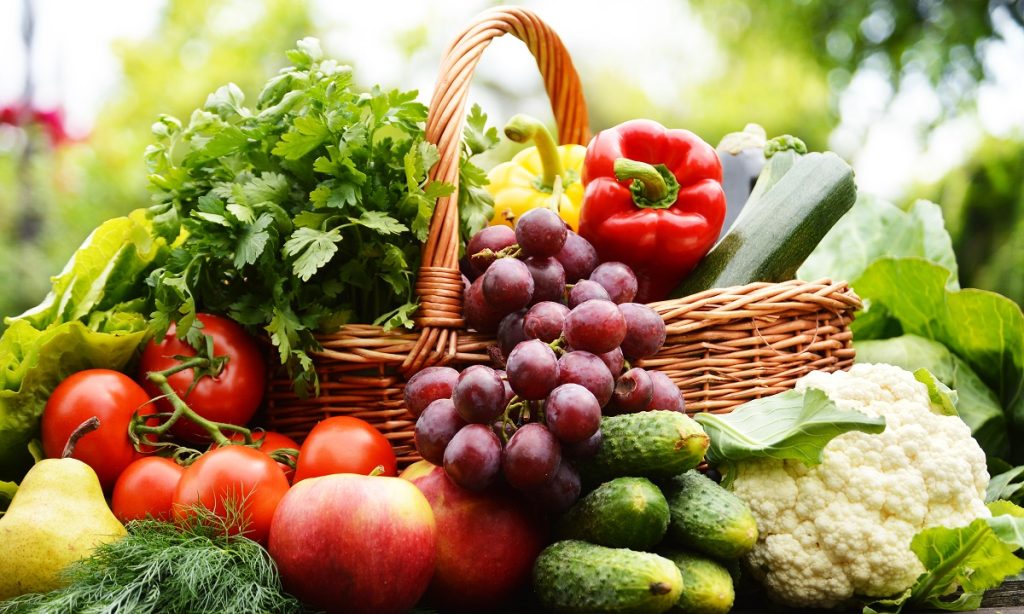The big difference between processed and ultra-processed food

Processed food refers to foods that have been altered in some way through processing, such as freezing, packaging or the addition of preservatives. Ultra-processed food, on the other hand, is a more specific category of processed food that has undergone a higher level of processing and contains a variety of artificial ingredients and additives.
Ultra-processed foods are typically high in sugars, fats and salt, and may contain a variety of artificial substances such as preservatives, colorings and flavorings. They are also often low in essential nutrients such as vitamins, minerals and fiber.
The WHO recommends limiting the consumption of ultra-processed foods as they have been linked to an increased risk of obesity, heart disease and diabetes. Instead, a diet rich in fruits, vegetables, whole grains, lean proteins and low-fat dairy is recommended. Examples of processed foods include:
Frozen foods, such as frozen vegetables, packaged salads, cow’s or vegetable milk, yogurts, cereals, etc.
Packaged products, such as tuna cans or canned fruits and vegetables.
Precooked foods, such as precooked macaroni or potato chips.
Foods with preservatives, such as sausages or smoked products. Examples of ultra-processed foods include:
Precooked foods with many additives, such as packaged fast foods, frozen meals with added sauces, precooked pizzas, snacks and precooked foods with many additives.
Foods with added sugars, such as sugary cereals, cakes and sweets.
Sugary beverages, such as soft drinks and juices.
Foods with hydrogenated fats, such as cookies, pastries and potato chips.
Foods with artificial flavorings, such as snack foods, candy and sausages. It is important to note that the difference between processed and ultra-processed food is not in the processing itself, but in the ingredients and additives used in its preparation. Processed foods can be beneficial if consumed in moderation, while ultra-processed foods are less healthy due to the quantity and quality of added ingredients.
For example, RealVegy plant-based foods, despite being a processed food, are very healthy, with a very balanced nutritional table in terms of fats, fiber, sugars and proteins.
For this reason, RealVegy will always insist on the importance of reading the labels of the products we consume.
Sometimes we get carried away by the claims we see on the label and do not stop to read the ingredients and nutritional values in detail.
Of course, if a product has a big claim “with olive oil”, it is certainly true, but what about the rest of the ingredients and the nutritional value of the product as a whole?
Example nutritional values of processed and ultra-processed foods The nutritional information of a processed food may vary depending on the product in question, but in general, they usually contain moderate levels of essential nutrients such as protein, carbohydrates and fat. For example, a can of tuna contains lean protein, a small amount of fat and carbohydrates, and is rich in vitamins and minerals such as iron and calcium. On the other hand, ultra-processed foods often have unbalanced nutrition, high in sugars, fats and sodium, and low in essential nutrients. For example, a package of vanilla-flavored cookies is high in sugar, hydrogenated fats and sodium and low in fiber, vitamins and minerals. A can of soda is high in added sugars and low in nutrients. In summary, processed foods have unbalanced nutrition, while ultra-processed foods have more unbalanced nutrition.
Again, it is important to read nutrition labels and choose foods with balanced nutrition, avoiding foods high in sugars, fats and sodium and low in essential nutrients.
Check our plant-based foods you will love them.

